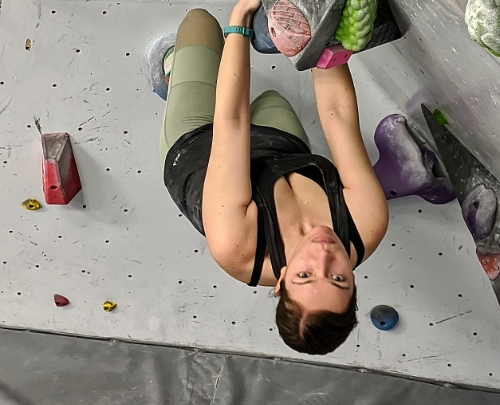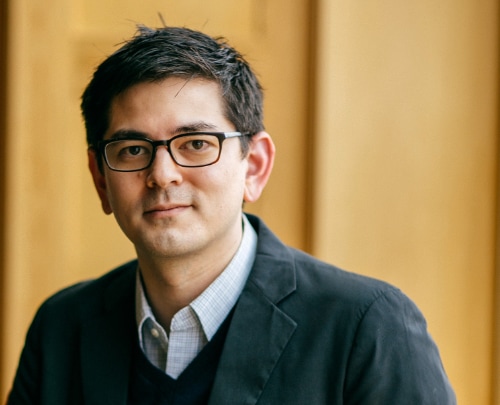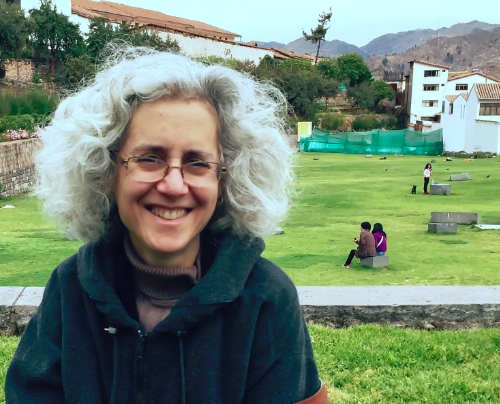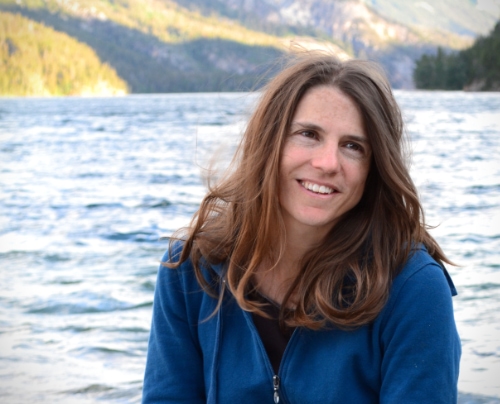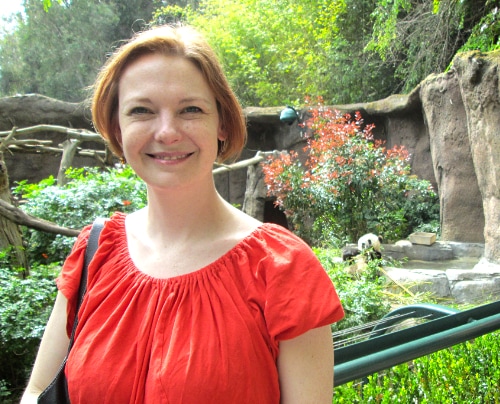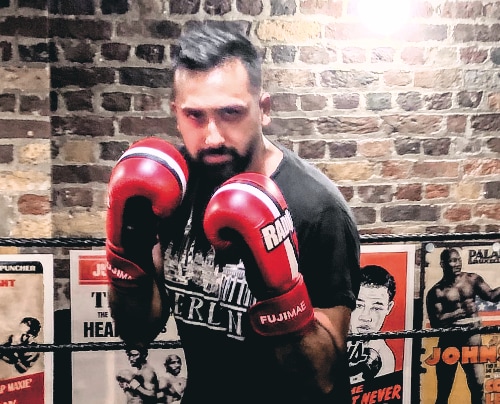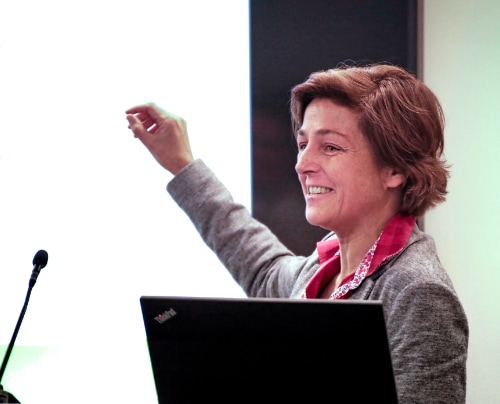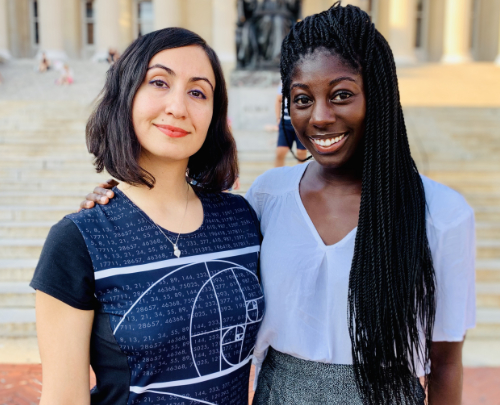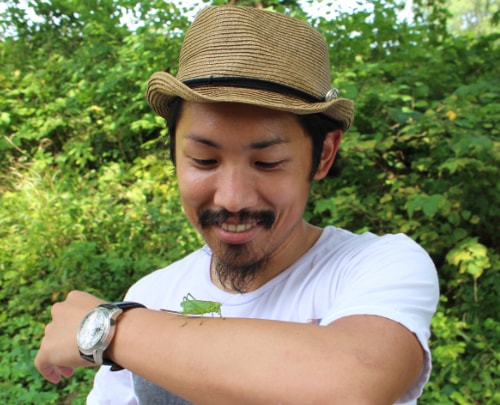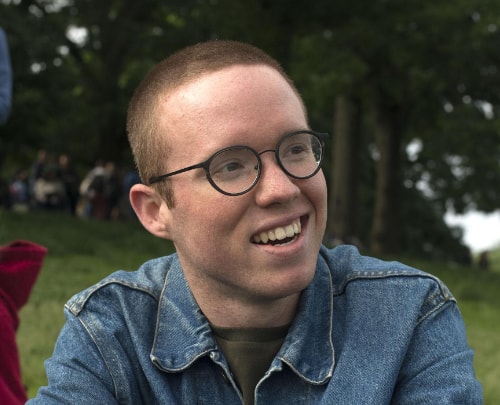21
Jan 2020
Did you catch that? In episode 66, Katherine Wood from the University of Illinois discusses her research with the scientist behind the famous “Invisible Gorilla” experiments, Daniel Simons, into if and when people notice unexpected objects in inattentional blindness tasks. She discusses her and Si...
7
Jan 2020
Can your doctor's beliefs about the efficacy of a treatment affect how you experience pain? In episode 65, we’re joined by Luke Chang from the Department of Psychological & Brain Sciences at Dartmouth College. He talks with us about his research into socially transmitted placebo effects, throu...
26
Nov 2019
Why are bold, broad, and terse depictions of science perceived as more important, robust and generalizable than nuanced ones? In episode 63, we're joined by Susan Gelman from the University of Michigan, who talks with us about her research into the use of generic language in scientific papers. Her......
15
Oct 2019
When real-time fMRI neurofeedback improves people's symptoms long after treatment, might that influence the guidance that's provided to patients, and also inform the design of future clinical trials? In episode 60, we're joined by Michelle Hampson from Yale University's School of Medicine. She dis......
1
Oct 2019
In striving to develop expertise, are 10,000 hours of deliberate practice really required, and must it be guided by a teacher or coach? In episode 59, we're joined by Brooke Macnamara from Case Western Reserve University. She'll discuss her attempted replication of the study which led to the mantr...
17
Sep 2019
What can brain scans of radicalized jihadists tell us about how they react to what they perceive as attacks on their sacred values? In episode 58, we're joined by Nafees Hamid from Artis International who talks with us about his article “Neuroimaging ‘will to fight’ for sacred values: an empiric...
3
Sep 2019
What changes when we attempt to measure personality outside of the contexts where the instruments were developed and validated? In episode 57, we're joined by Karen Macours from the Paris School of Economics about her research into practical issues with using a popular Big Five personality measure......
23
Jul 2019
Can communication across networks of people be optimized to share information, while at the same time lessening the likelihood of information bubbles and echo chambers? In Episode 54, we're joined by Ida Momennejad and Ajua Duker from Columbia University and Yale University, respectively, to discu......
28
May 2019
When in Rome, should you really do as the Romans do? In episode 50, Wataru Toyokawa from the University of Konstanz in Germany discusses how observing and imitating others in crowds can at times enhance collective ‘wisdom’ ... while other times it can lead to collective ‘madness.’ His article, "So...
30
Apr 2019
Can the sharing of drum break samples among musicians help us better understand how networks of artists collaborate? In episode 48, Mason Youngblood from the City University of New York discusses his research into the cultural transmission of digital music samples through collaborative networks of......

